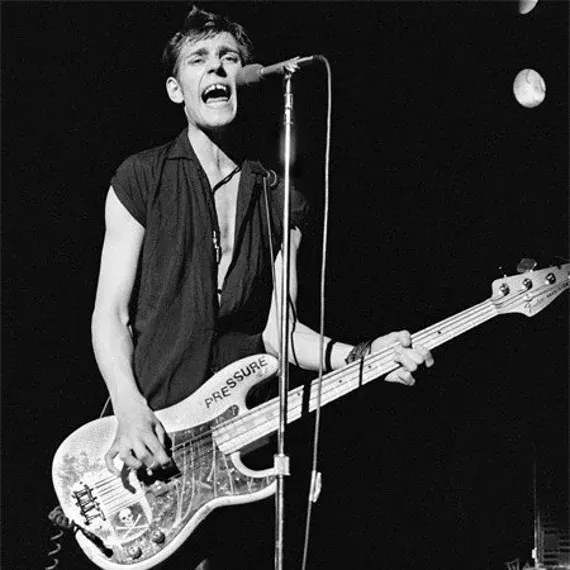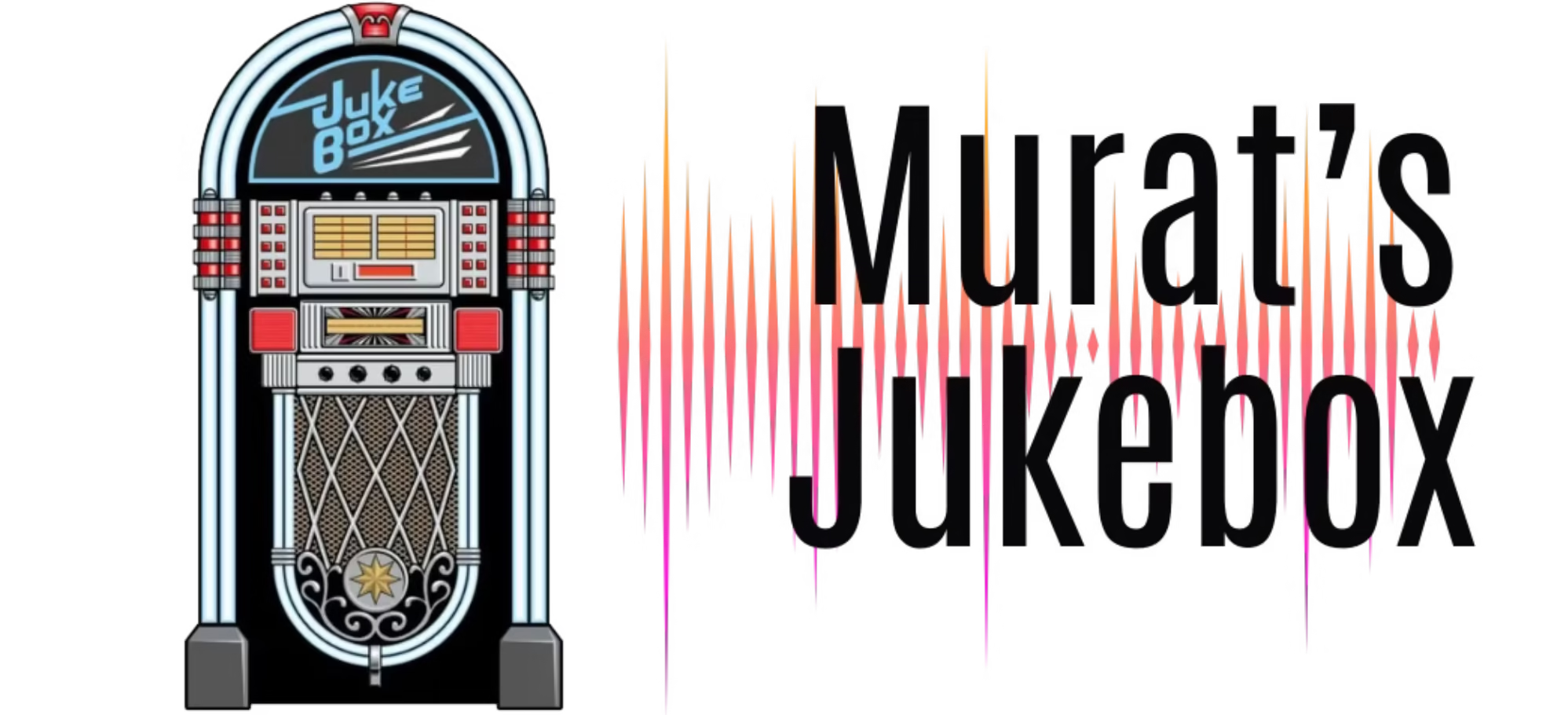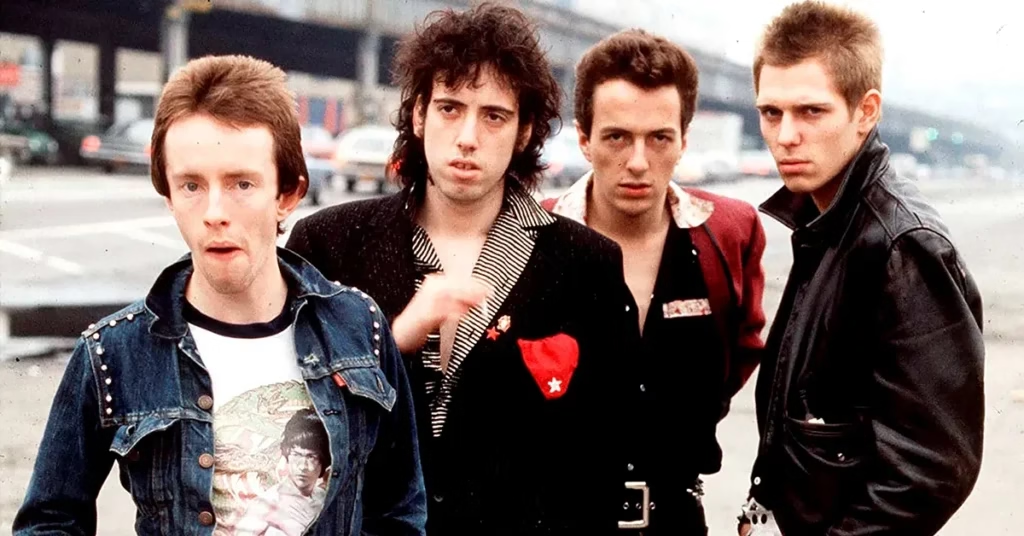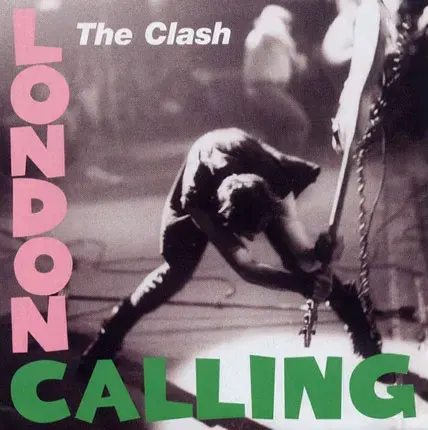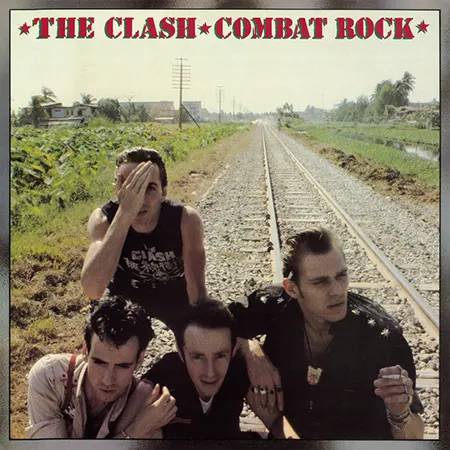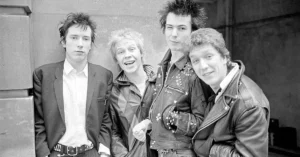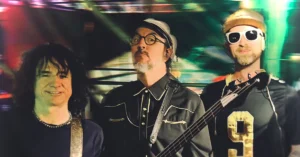The Clash: Defiant Voices of Punk Rock Revolution
The Clash. Formation and Early Days
The Clash was formed in 1976 in London, England, during the explosive rise of the movement. The original lineup included Joe Strummer (vocals, rhythm guitar), Mick Jones (lead guitar, vocals), Paul Simonon (bass), and Terry Chimes (drums). Shortly after, Topper Headon replaced Chimes as the drummer, solidifying what is considered the classic lineup.
Emerging from the gritty streets of London, The Clash quickly distinguished themselves from other punk bands with their political consciousness, musical experimentation, and fierce energy.
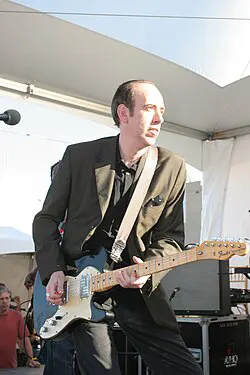
The Clash. Musical Style and Characteristics
While rooted in punk rock, The Clash’s sound was remarkably diverse, incorporating:
- Raw, aggressive punk energy and fast tempos
- Reggae, ska, dub, and rockabilly influences reflecting their London multicultural environment
- Politically charged, socially aware lyrics addressing issues like class struggle, racism, and war
- Melodic sensibility combined with raw power, allowing for memorable hooks and anthems
- A DIY punk ethos but with musicianship that pushed beyond the standard punk template
Their genre-blending approach helped widen punk’s appeal and demonstrated music’s potential as a tool for social change.
The Clash. Key Albums and Career Highlights
The Clash (1977)
Their self-titled debut album was raw, aggressive, and filled with punk anthems like “White Riot” and “London’s Burning.” It introduced them as one of the key voices in the UK punk scene.
Give ’Em Enough Rope (1978)
Their second album showed more polish and rock influences, gaining popularity especially in the US with tracks like “Tommy Gun” and “English Civil War.”
London Calling (1979)
Considered one of the greatest rock albums of all time, London Calling is a sprawling double album that mixed punk, reggae, ska, rockabilly, and more. Songs like “London Calling,” “Clampdown,” and “Train in Vain” showcased their versatility and sharp social commentary.
Sandinista! (1980)
A triple album that further expanded their musical palette into dub, reggae, hip-hop, and funk. It was a bold, experimental statement reflecting global political awareness.
Combat Rock (1982)
Featuring hits like “Rock the Casbah” and “Should I Stay or Should I Go,” this album was their most commercially successful, balancing punk aggression with accessible rock and pop elements.
The Clash. Legacy and Influence
- The Clash are often called “The Only Band That Matters,” highlighting their central role in punk rock history.
- They inspired generations of punk, rock, and alternative bands worldwide.
- Their blend of music styles expanded the boundaries of punk, helping it evolve into a more diverse and politically aware movement.
- The band’s outspoken political stance on issues such as anti-racism, anti-imperialism, and social justice made them a voice of rebellion and conscience.
- Joe Strummer’s charisma and songwriting, Mick Jones’ guitar work, and the rhythm section’s tightness created an iconic sound still celebrated today.
The Clash. Interesting Facts
- The band’s name, The Clash, was suggested by Mick Jones, inspired by the idea of cultural clashes and conflicts.
- Their album London Calling cover, featuring bassist Paul Simonon smashing his guitar, is one of the most famous rock images ever.
- They were known for their energetic and passionate live performances.
- Joe Strummer later became a solo artist and collaborated with various musicians until his untimely death in 2002.
- The Clash’s music was deeply connected to the political unrest and cultural shifts of late and early Britain.
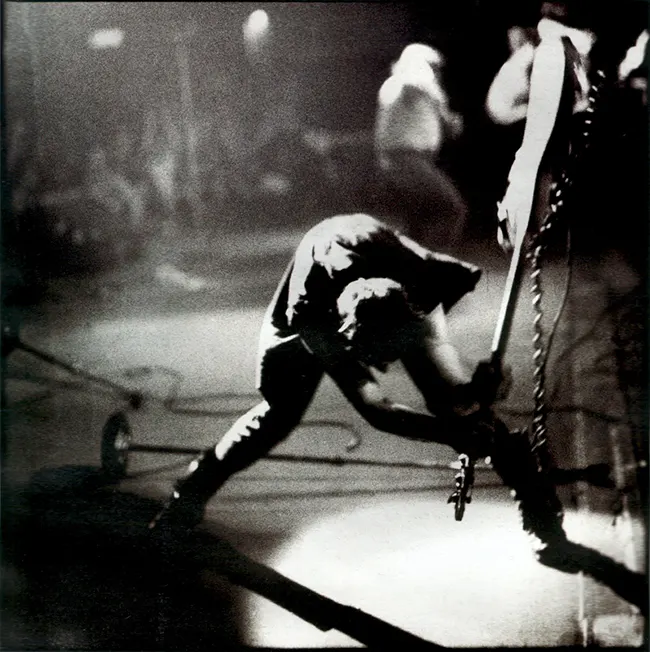
The Clash. Select Discography
- The Clash (1977)
- Give ’Em Enough Rope (1978)
- London Calling (1979)
- Sandinista! (1980)
- Combat Rock (1982)
- Cut the Crap (1985) — released after Mick Jones and Topper Headon had left, generally less acclaimed
The Clash’s enduring legacy lies in their fearless approach to music and politics, their genre-defying creativity, and their lasting influence on punk and rock music worldwide.
